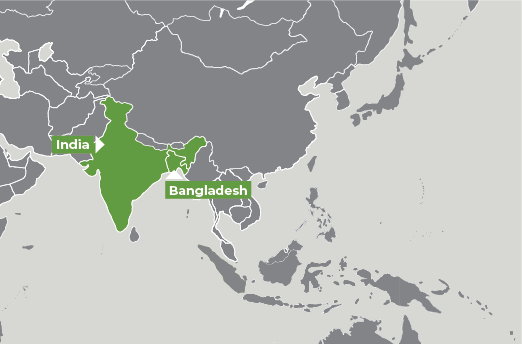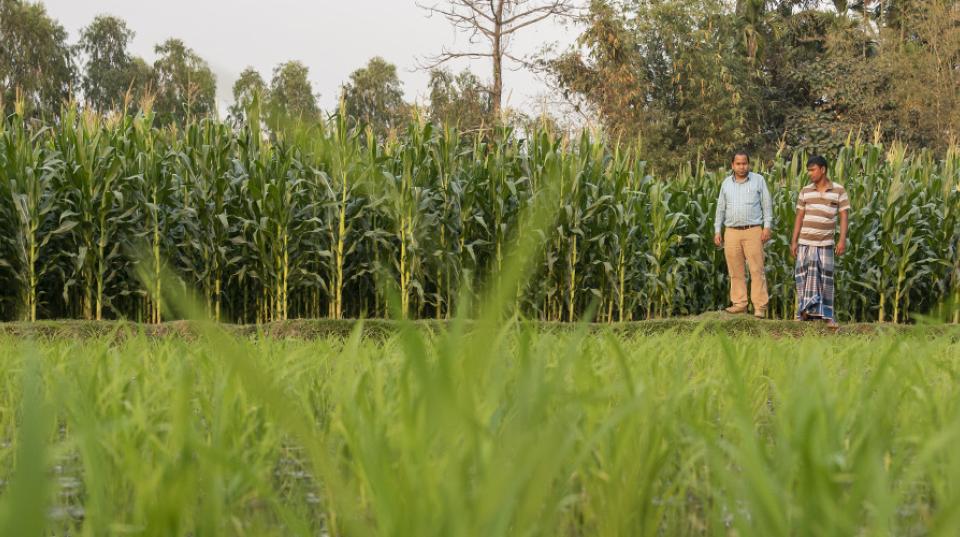Overview
This project aimed to identify opportunities to address technical, nutritional, and social bottlenecks to facilitate wide-row intercropping in the Indo Gangetic Plain, to inform the development of a larger ACIAR-funded project intended to commence in 2023.
There are many potential benefits of wide-row intercropping, including increased cropping system productivity and other productivity gains leading to water-, labour- and energy-use efficiencies; improved nutrition and food security for rural households; economic empowerment for women; and increased soil health over the longer term.
To successfully and sustainably combine modern agronomic management with wide-row intercropping, a range of challenges must be resolved, including optimal agronomic management, household- and farm-scale implications, and potential off-farm bottlenecks. This research agenda covered not only the agronomic but also the farm management and broader social and economic implications of wide-row intercropping.
Project outcomes
Broadly the Small Research Activity has generated awareness of the potential of wide-row, additive intercropping in the research and agronomic community in West Bengal. The greatest impacts from this project are likely to be achieved in combination with those achieved through the larger intercropping project Additive intercropping in wide row crops for resilient crop production in Bangladesh, Bhutan and lndia (CROP/2022/111), which commenced in May 2023.
- Identified knowledge gaps in appropriate and feasible mechanisation, agronomic practices, farming system integration, and access to markets, under current and likely future climates.
- Examined the relative performance of 3 types of intercrop species; leafy vegetables, root vegetables and legumes.
- Assessed changes in key inputs (labour, water, fertilizer, herbicides) under different types of intercrop and relative to sole maize.
- Summarised current intercropping practices across the Indo Gangetic Plains, including knowledge gaps in agronomic management and the potential benefits and/or limitations of intercropping in this region.
- Quantified, through farming systems modelling, the likely farm-level impacts on labour, livestock, household nutrition, farming system productivity, profitability, and climate change resilience over the medium term and to identify further research questions to address in a larger research project.






